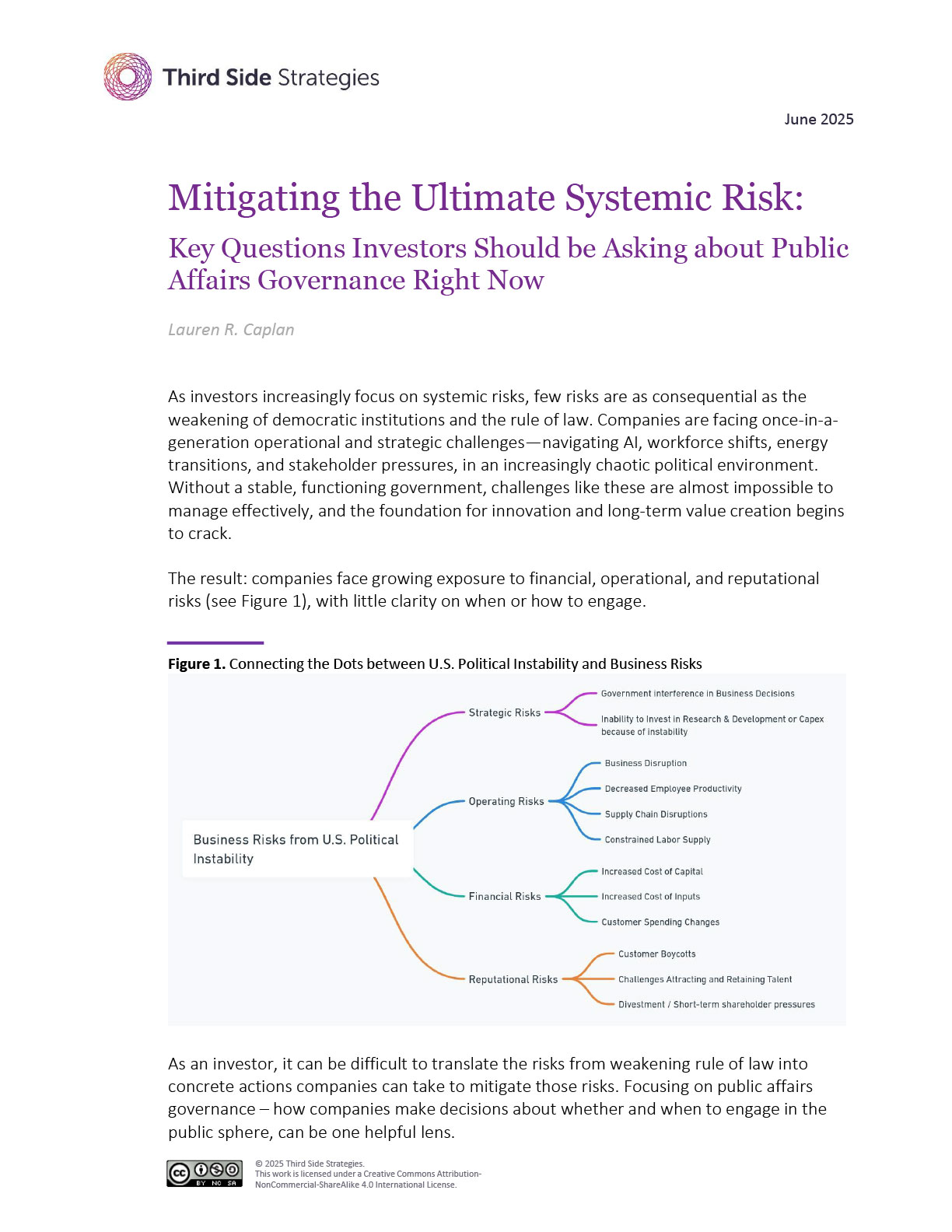Do you have a resource to recommend for The CPR Hub? Please reach out and we will review it for future updates!
Climate Change as a Macroeconomic Risk Multiplier
This analysis reports how climate change acts as a macroeconomic risk multiplier—exacerbating inflation, supply-chain stress, asset re-pricing, sovereign risk, and financial fragility. It argues that businesses and regulators must treat climate as a cross-cutting systemic issue, not simply an environmental add-on, because the economic implications span sectors, geographies and time horizons.
Notes on Related Topics
Systemic Risk (A) – The report emphasises how climate impacts ripple through economies, financial systems and firms, reinforcing that businesses must engage beyond immediate operations.
Operating Risks (A) – It highlights how businesses face direct operational and strategic risk from macro-climate stress including supply chains and asset values.


